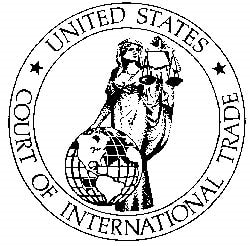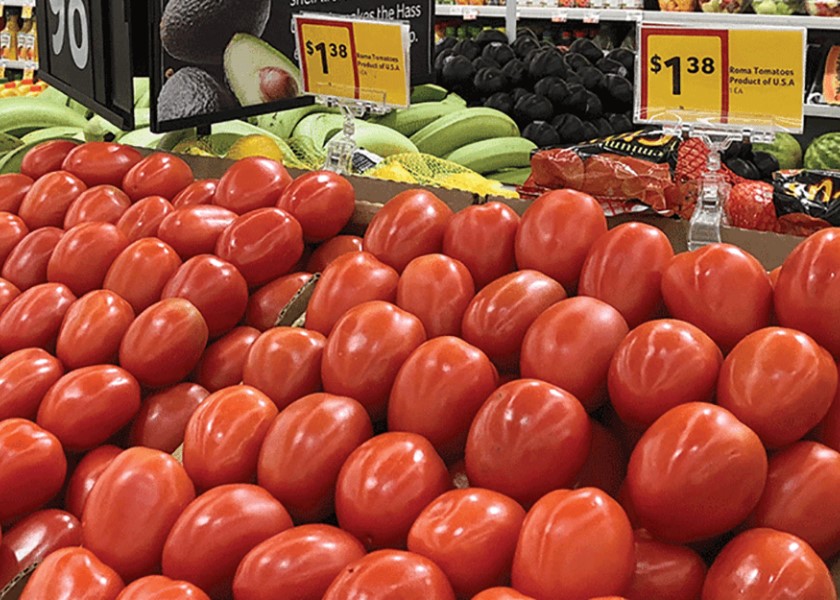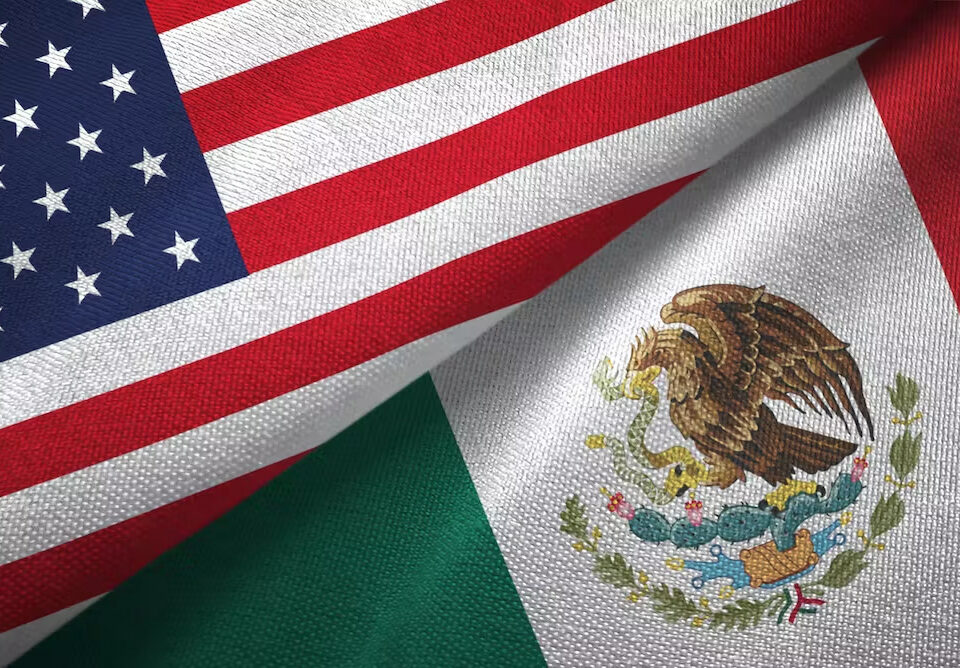MAITLAND, FL – June 16, 2023 – Today, the Florida Tomato Exchange filed a request with the U.S. Department of Commerce to terminate the 2019 Tomato Suspension Agreement because it has failed to stop unfairly traded Mexican tomatoes from destroying the U.S. tomato industry.
Since 1996, five different suspension agreements have tried to stop the unfair trade practices used by Mexican tomato exporters, but each agreement has proven to be completely unenforceable. These repeated failures have made it clear that the Commerce Department must terminate the 2019 Suspension Agreement and impose antidumping duties on Mexican tomatoes, as required by antidumping law.
“Despite the good faith efforts of the Commerce Department over the last four years, the 2019 Suspension Agreement has not been able to close the loopholes that have always been a problem,” stated Michael Schadler, Executive Vice President of the Florida Tomato Exchange. “It’s become clear that these agreements are simply not enforceable, at least when it comes to the tomato trade with Mexico. Suspension agreements might be an effective tool for products that can be kept in storage until market conditions improve, but for highly perishable items like fresh tomatoes, there is just too much incentive to evade the reference prices when markets are oversupplied.”
Suspension agreements are statutorily required to stop injury to the domestic industry caused by dumping. Unfortunately, none of the suspension agreements covering Mexican tomato imports have met that requirement. The statistics are telling: In 1994, the year NAFTA was signed, American tomato farmers supplied about 80 percent of the U.S. market; Mexico accounted for around 20 percent. Today, Mexico’s share of the U.S. market is almost 70 percent while U.S. producers have approximately 30 percent.
In 2019, the Commerce Department determined that Mexico had continued dumping and the International Trade Commission made an affirmative injury determination. The 2019 Suspension Agreement has failed to reverse the trend. Since 2019, Mexican tomato imports have increased a further nine percent. Average prices for growers initially rose in the first year after the agreement was signed but have been declining over the last three years as pressure resumed from unfairly traded Mexican imports. Furthermore, the Commerce Department has documented over 100 examples of how Mexican companies are not complying with the 2019 Suspension Agreement – findings that are based on only a small sample of Mexican exporters.
All five suspension agreements over the last 27 years have failed. They haven’t stopped Mexican tomatoes from being dumped in the U.S. market and haven’t stopped injury to the U.S. industry. They have proven to be unenforceable and easily violated. American tomato growers will continue to be driven out of business if suspension agreements are continued to be forced on the industry. For that reason, we are calling on the Commerce Department to immediately terminate the 2019 Tomato Suspension Agreement and follow the antidumping law.
Contact:
Michael Schadler
Executive Vice President
Florida Tomato Exchange
(407) 660-1949
michael@FloridaTomatoExchange.com
About the Florida Tomato Exchange:
The member companies of the Florida Tomato Exchange produce over 90 percent of the tomatoes grown in Florida and are among the largest producers of tomatoes in California, Georgia, New Jersey, North Carolina, South Carolina, Tennessee, and Virginia. FTE member companies produce approximately 50 percent of the fresh-market tomatoes grown in the U.S.




